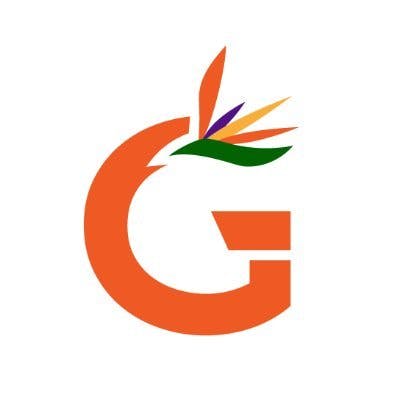- Valuation Model
- Expert Interviews
- Founders, funding
What problem is Gaya solving and what motivated the founders to start the company?

Carl Ziadé
Co-founder at Gaya
I was at business school at Stanford, and I met my co-founder Jean-Pierre Vertil there. Our first venture was a community-based car sharing platform. We saw that companies like Uber, Turo and Getaround are charging 100s of dollars for trips, while all these cars are just standing idle in our dorm’s parking lot. So, we thought maybe there’s an opportunity to build liquidity by leveraging a community which normalizes behavior like ‘Hey man, can I borrow your car? And I'll Venmo you, not only the gas, but something that would reflect the consumption of this car.’
We built it over last summer and launched it in the fall, but could not hit product-market fit.
But, given how deep we went into the car space, we started looking at other ideas. What we found is that car loans are super inefficient and there is a lot of leakage in the system. Today, 80% of car loans originate at dealerships. What does a dealer typically do when a customer comes in? They let them fall in love with the car, the shiny little object, they need to leave the lot with that car. At the last moment of buying the car, to make sure they get you the financing, they run an opaque process. Yes, car prices are no longer opaque because now we can see the price of any used cars through Kelley Blue Book and others. But the financing process of the car is still opaque, and there’s still an exploitation of a vulnerable moment at the dealership. Customers are leaving the lot with not the best rate that they could get, that's one. And two, many customers, go to the dealership with a small ding on their credit report because either they have a thin file, or they had a missed payment. After three to six months of paying their car loan, almost all the time can be eligible for a way lower rate, we are talking about a 7% lower interest rate, which is a saving of around $120 per month on their car loan payments. That was the problem statement: We're talking about $1.3 trillion of loans originated—and we found that there is a big financing market.
Now, we also found that there are a lot of players, but all these players go directly to consumers. They harass consumers with all these mailers to their house, which hardly any people open today, and they try to do marketing on Credit Karma, Lending Tree, WalletHub, NerdWallet, and their conversion rate is super low. Only 5% of auto financing applications are refinancing applications. In comparison, around 60% of mortgage financing per year are refinancing applications.
We said okay, their conversion rate is low, why? It seems like the issue is that people don't want to go through the process again. They feel like ‘I just got the car, I was somewhat disappointed at the dealership with the way I was treated. I certainly don't want to go through the process again.’ They need someone to push them. This direct mailer to their house or this Credit Karma ad is not enough. We require someone, a human, a financial coach, a car financial coach. We thought, wait a second, a car insurance agent was already involved in getting the car, they know your car details.
What if we gave them simple tools so that they can help their customers. And tell them, ‘I found out that the car you’ve insured with me, could be refinanced. I see that you're paying 10% or $500 a month to this bank. I can refinance you for $400 or $300 per month at a 7% rate at this other bank. Should I help you out? Should I push it forward? Yes or no?’ We thought that if we gave this level of intelligence, the insurance agent would do it for the right referral fee and the right incentive. It's great because we felt that this would increase the line of business, increase their retention and the customer would be happier. That’s how Gaya came together, all the way from car sharing into refinancing through insurance agents.
Now, as we go even deeper and get all these initiatives with insurance agents, our vision is also exploding way beyond refinancing. We’re now like, What about financing? What about other banking products that could be offered by these insurance agents?; And actually, who is an insurance agent? What do they do? Historically, they used to do a bit of sales, but mostly collections, a lot of renewals, a lot of claims. But now, technology has decreased the efforts they have to put in claims, renewals, and collections. So, what are they doing exactly? We’re ready to bet on independent agents becoming a one-stop shop for all sorts of financial advice, starting with car loan refinancing. But what are the other products we can embed and help them push to their clients? A lot of vision setting, but we don't want to dream too big. We’re scrappy, we’ll build and launch, and see how it goes. Then we can bundle and build the vision incrementally.
Gaya is a fintech that enables insurance agencies to sell auto loan and insurance bundles.
